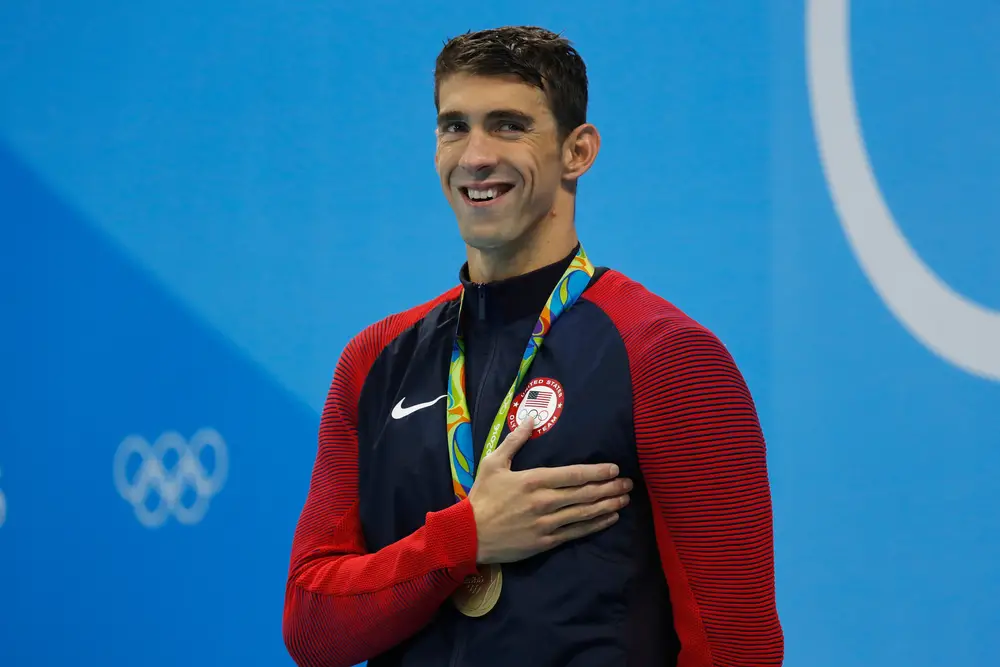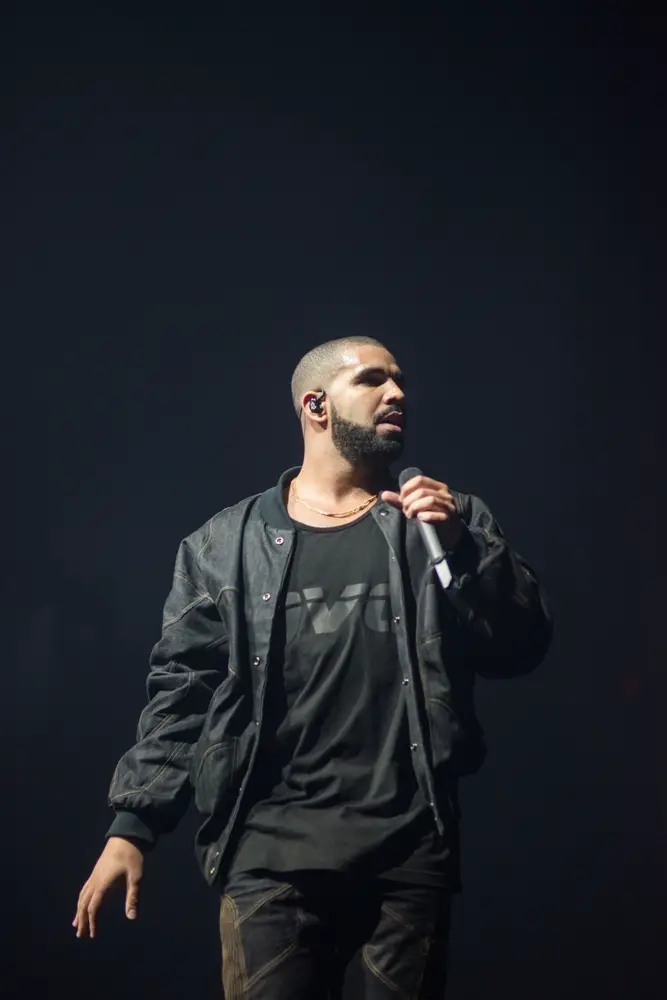JoJo Siwa, the bow-wearing, high-energy phenomenon, has made headlines again, this time for her ambitious claim of pioneering a new music genre she’s dubbed “gay pop.” Speaking with Billboard, the 20-year-old performer, known for her infectious tunes and vibrant persona, boldly stated her intention to create a music category that’s like K-pop but with a queer twist.
Fans and social media users, however, were quick to challenge Siwa’s assertion, pointing out the long and rich history of LGBTQ+ icons in music who’ve shaped the industry long before Siwa’s ascent. Critics highlighted a constellation of stars including Freddie Mercury, Lady Gaga, George Michael, and many others who have been pivotal in representing the LGBTQ+ community in the music world.
Siwa’s description of “gay pop” as a mix, akin to the dance style jazz funk—blending elements of jazz and hip-hop—has intrigued some but also stirred skepticism. Her comparison of her music to the likes of Lady Gaga’s “Applause” and Miley Cyrus’s “Can’t Be Tamed” adds layers to her vision, suggesting a blend of pop with a distinct, edgier flair that aims to resonate with the LGBTQ+ community and beyond.
In her transformation from the child star of “Dance Moms” to a global pop sensation, Siwa has continually evolved her image. The recent iHeartRadio Music Awards showcased a stark departure from her signature style, with Siwa donning an all-black ensemble and engaging in a dramatic performance that left audiences both impressed and a tad bewildered.
While JoJo Siwa’s venture into “gay pop” has certainly sparked debate, it underscores the ongoing conversation about representation and innovation in music. Whether Siwa will succeed in establishing a new genre or whether she’ll refine her approach in light of the feedback remains to be seen. Nonetheless, her boldness in experimenting and challenging norms keeps the pop culture wheel spinning, sparking dialogues and perhaps even inspiring other artists to explore and express their identities through music.





